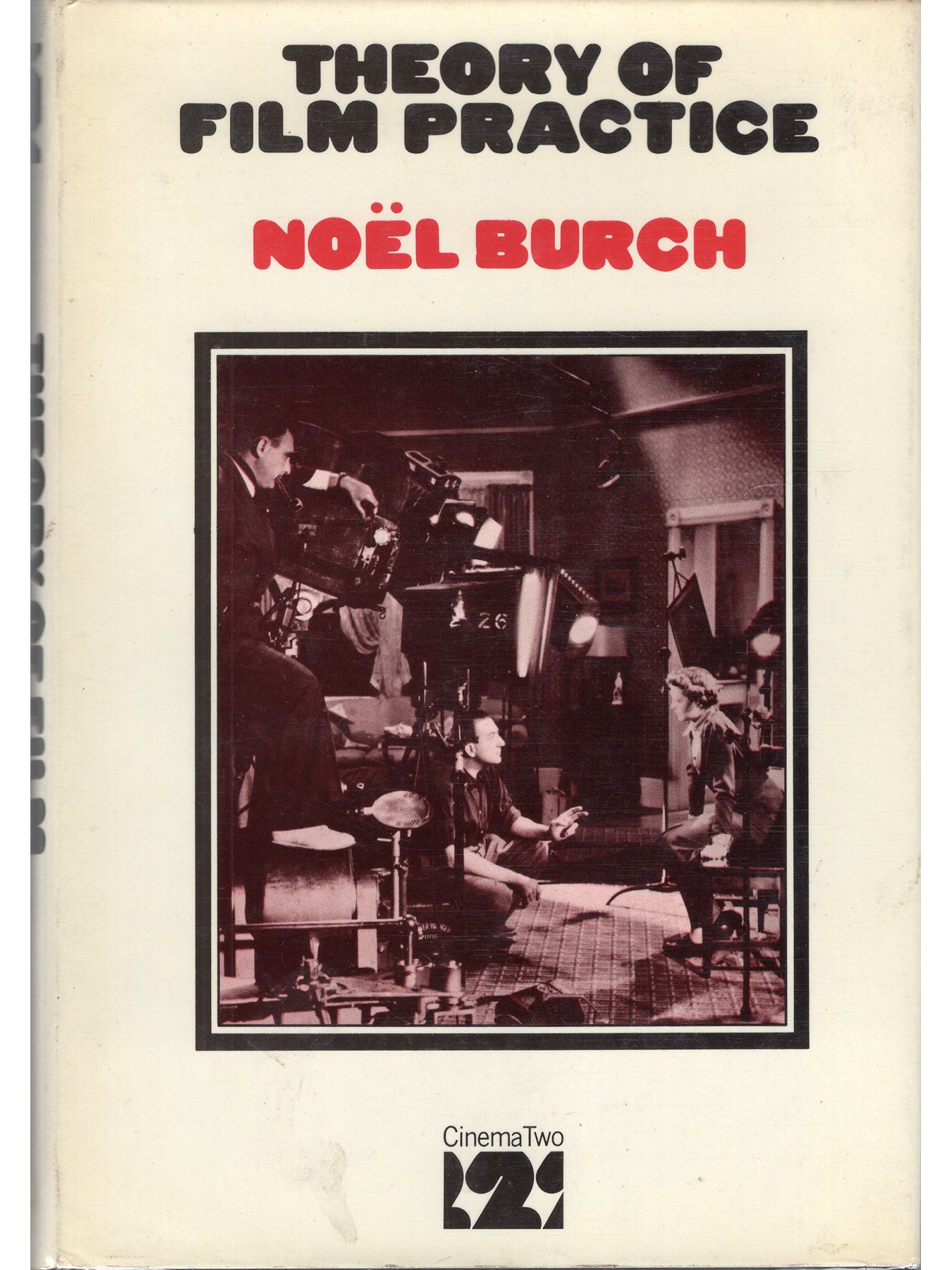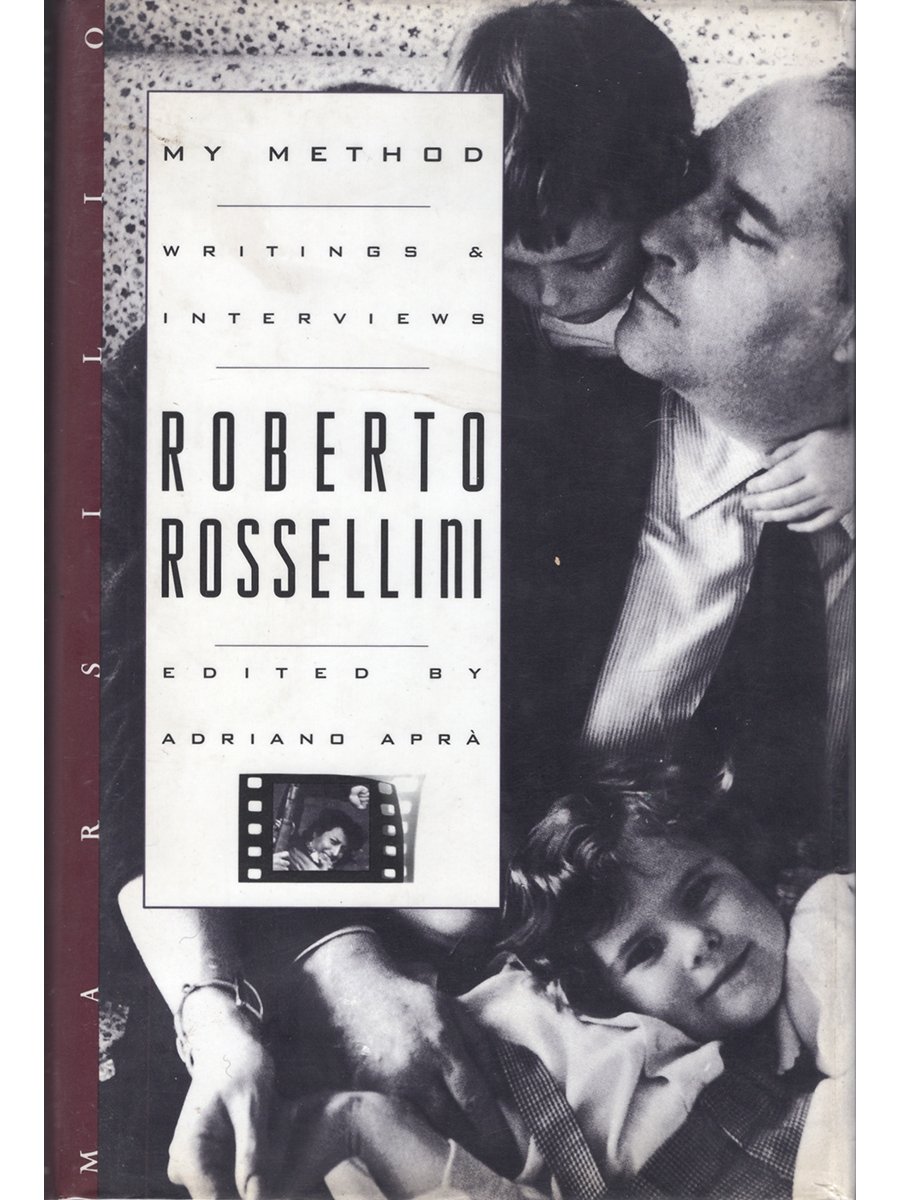Jean Renoir by Raymond Durgnat (Hardcover First Edition)
Published by University of California Press, 1974
Sewn bound hardcover
429 pages
9x6 inches
Near Fine book in Near Fine dust jacket. Comes in removable protective Brodart mylar cover.
Renoir is acknowledged by critics and film historians of all persuasions, from André Bazin to Pauline Kael, to be one of the towering creative figures of cinema. His career was long and varied, and poses many fascinating analytical problems—Renoir seems to have created not so much one world as dozens of them. This book is a definitive, film-by-film interpretation of Renoir's work. It covers not only the accepted masterpieces (which include Grand Illusion, Rules of the Game, Boudu Saved from Drowning, Partie de Campagne) but the entire sweep of Renoir's career, including his early avant-garde efforts, his first ventures into realism, his contributions to the Popular Front, his Hollywood films made in exile, and his postwar output. Raymond Durgnat, one of the most intriguing English-language writers on film, brings his astonishing visual memory and his individual analytic style to bear on the entire Renoir oeuvre, recreating such little-known achievements as La Nuit du Carrefour, Le Crime de M. Lange, or political works such as La Marseillaise. Witty, articulate, encyclopedic in his knowledge of the French cultural and political scene, Durgnat gives Renoir's films the aesthetic, philosophical, and social analysis their complexity demands.
Published by University of California Press, 1974
Sewn bound hardcover
429 pages
9x6 inches
Near Fine book in Near Fine dust jacket. Comes in removable protective Brodart mylar cover.
Renoir is acknowledged by critics and film historians of all persuasions, from André Bazin to Pauline Kael, to be one of the towering creative figures of cinema. His career was long and varied, and poses many fascinating analytical problems—Renoir seems to have created not so much one world as dozens of them. This book is a definitive, film-by-film interpretation of Renoir's work. It covers not only the accepted masterpieces (which include Grand Illusion, Rules of the Game, Boudu Saved from Drowning, Partie de Campagne) but the entire sweep of Renoir's career, including his early avant-garde efforts, his first ventures into realism, his contributions to the Popular Front, his Hollywood films made in exile, and his postwar output. Raymond Durgnat, one of the most intriguing English-language writers on film, brings his astonishing visual memory and his individual analytic style to bear on the entire Renoir oeuvre, recreating such little-known achievements as La Nuit du Carrefour, Le Crime de M. Lange, or political works such as La Marseillaise. Witty, articulate, encyclopedic in his knowledge of the French cultural and political scene, Durgnat gives Renoir's films the aesthetic, philosophical, and social analysis their complexity demands.
Published by University of California Press, 1974
Sewn bound hardcover
429 pages
9x6 inches
Near Fine book in Near Fine dust jacket. Comes in removable protective Brodart mylar cover.
Renoir is acknowledged by critics and film historians of all persuasions, from André Bazin to Pauline Kael, to be one of the towering creative figures of cinema. His career was long and varied, and poses many fascinating analytical problems—Renoir seems to have created not so much one world as dozens of them. This book is a definitive, film-by-film interpretation of Renoir's work. It covers not only the accepted masterpieces (which include Grand Illusion, Rules of the Game, Boudu Saved from Drowning, Partie de Campagne) but the entire sweep of Renoir's career, including his early avant-garde efforts, his first ventures into realism, his contributions to the Popular Front, his Hollywood films made in exile, and his postwar output. Raymond Durgnat, one of the most intriguing English-language writers on film, brings his astonishing visual memory and his individual analytic style to bear on the entire Renoir oeuvre, recreating such little-known achievements as La Nuit du Carrefour, Le Crime de M. Lange, or political works such as La Marseillaise. Witty, articulate, encyclopedic in his knowledge of the French cultural and political scene, Durgnat gives Renoir's films the aesthetic, philosophical, and social analysis their complexity demands.






